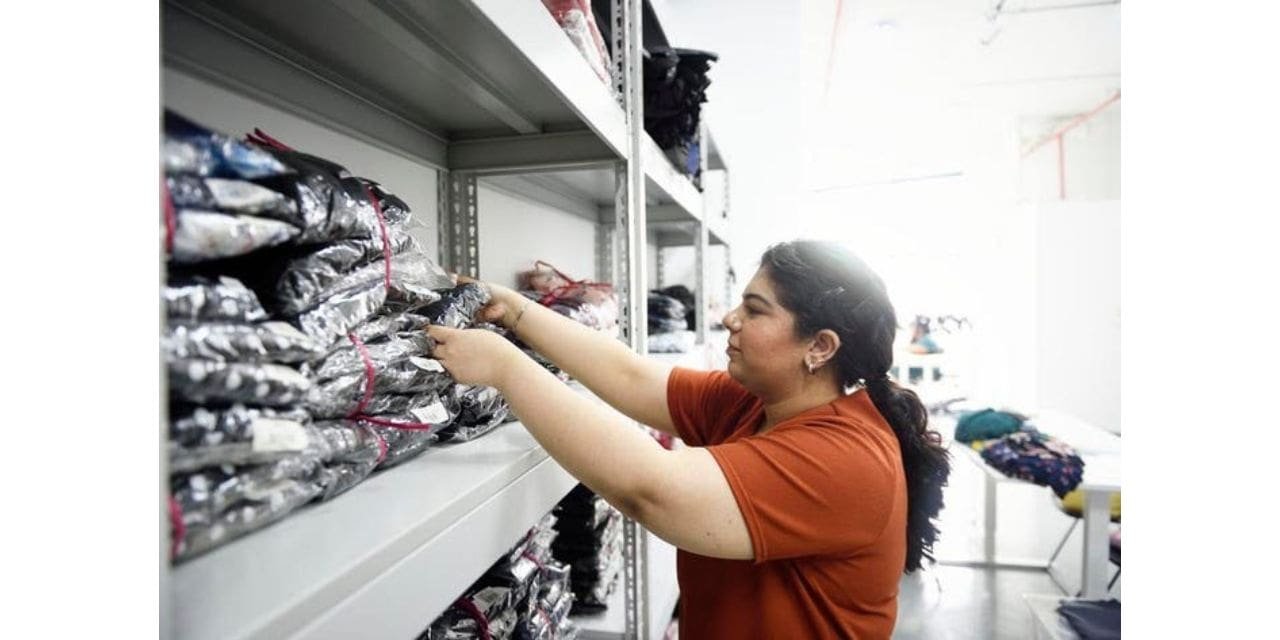-By Mansi suryavanshi
CGS’s VP of Strategic Accounts. Traceability, sustainability, and ESG performance strategies and activities are being worked on.Large fashion companies and retailers are gathering transactional data as raw materials are turned into completed products in an order to demand product chain-of-custody verification from suppliers at every tier. Additionally, new regulations are requiring increased environmental, social, and governance (ESG) declarations, documentation, and tracking are in the works.
Failure to meet ESG standards can lead to shipment seizures, lost sales, and strained business relationships. On the other hand, robust ESG compliance presents chances to increase earnings, sales, and a customer and trading partner trust.
Fashion companies need concrete proof that their closest trading partners, tier 1 suppliers, are part of ESG-compliant supply chains. As corporations, governments, and consumers demand transparency of the working conditions, factories, and manufacturing techniques used to create products, the apparel industry is a Canary in the coal mine.
Acting now is crucial because creating and demonstrating ESG-compliant supplier chains takes time. Many businesses are. The 350 apparel and consumer products experts surveyed by CGS (paywall) in the fourth quarter of 2022 ranked ESG activities as the second-highest improvement priority and the sixth-highest growth potential, respectively.
Supply chain visibility was cited by 87% of CGS survey participants as a key issue they are trying to solve. The success of their firm is crucial to every single responder in a poll of Fortune 1000 C-suite executives conducted on behalf of Ernst & Young. Major retailers and the fashion industry have long been interested in sustainability and social responsibility.

